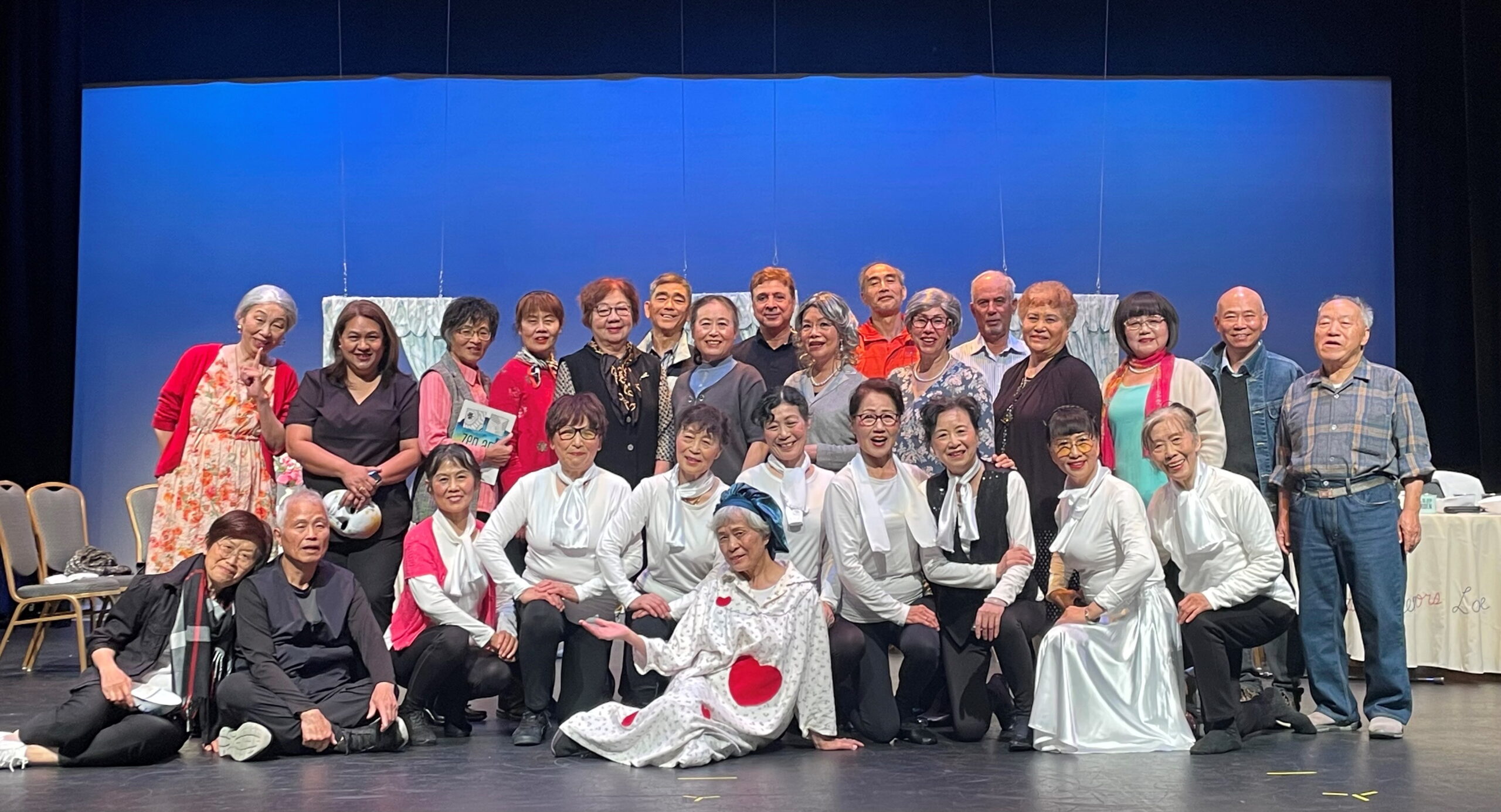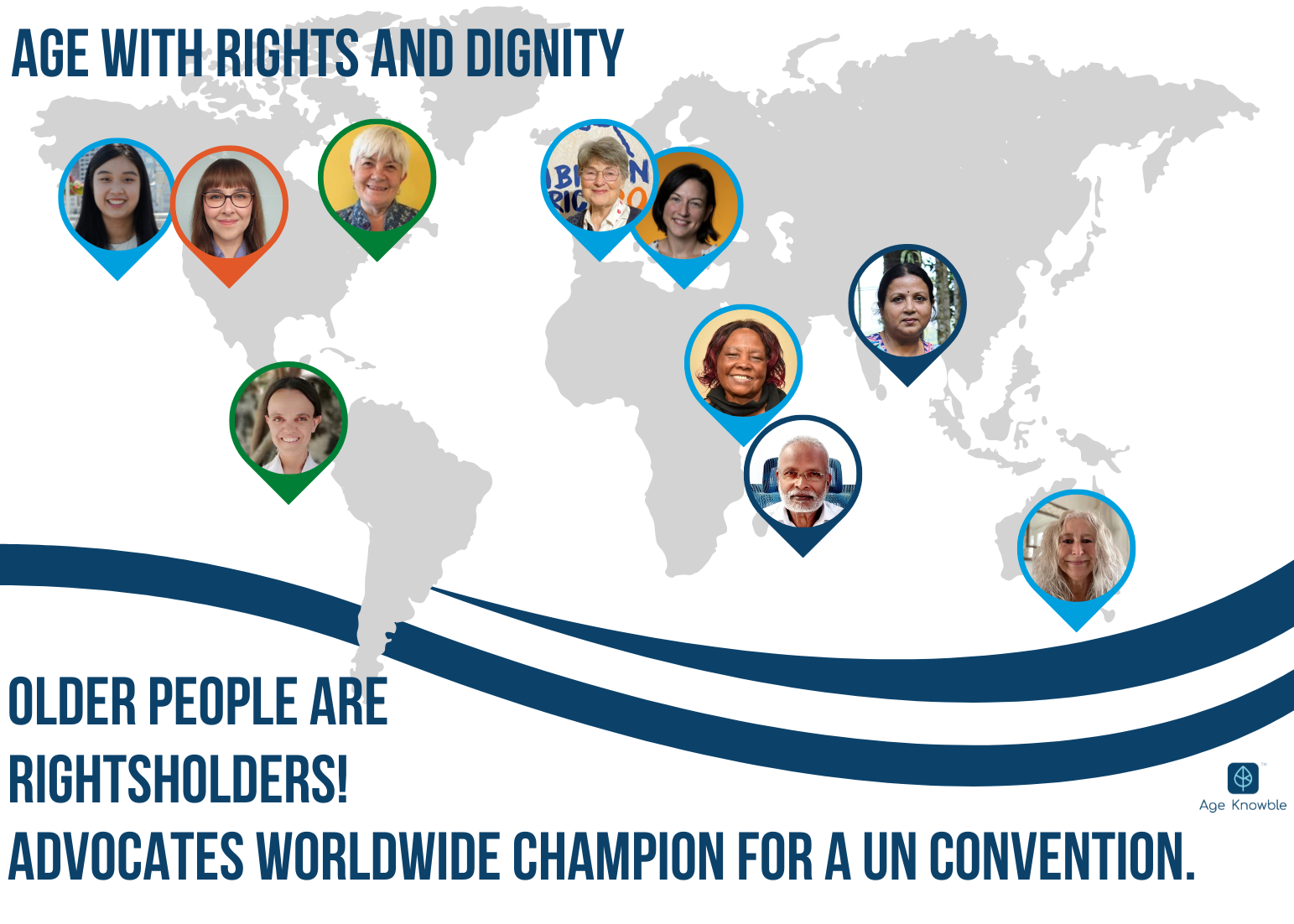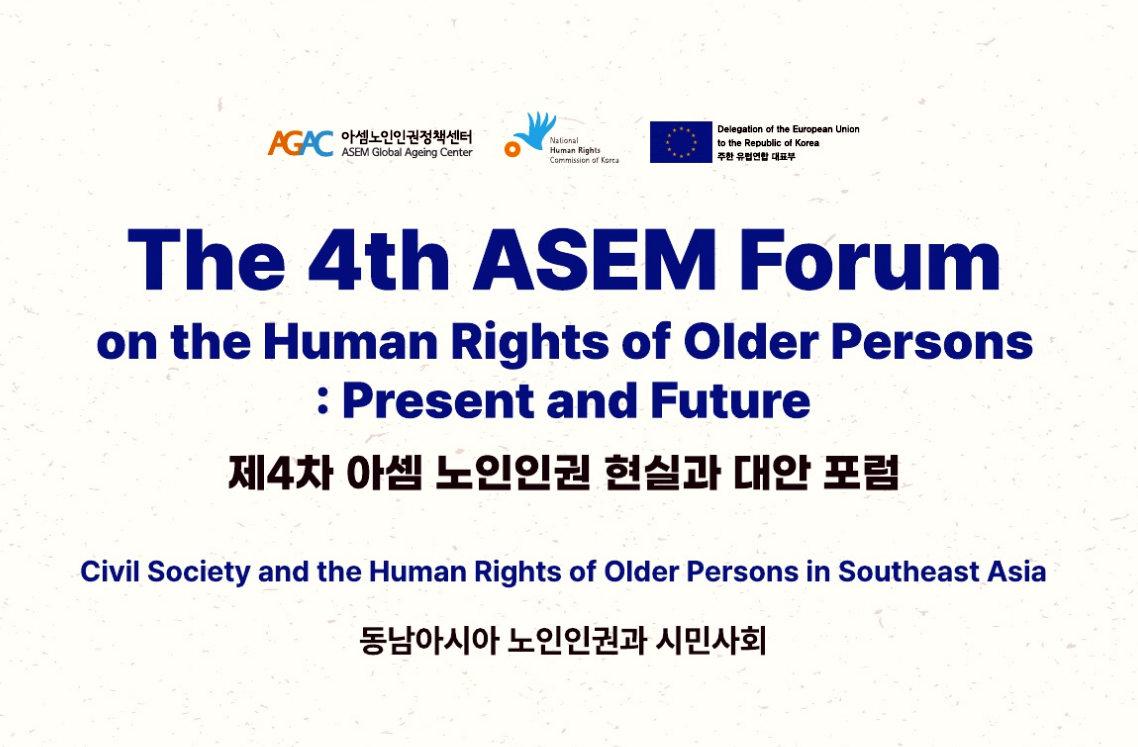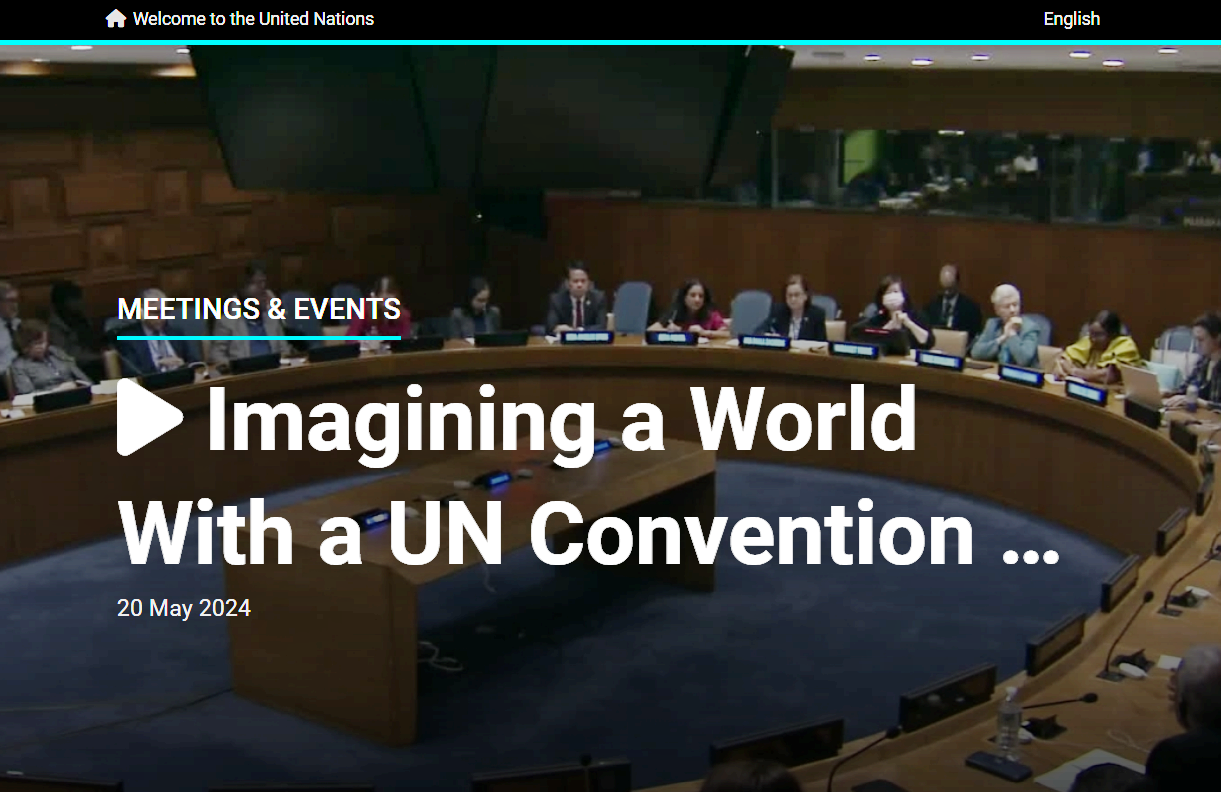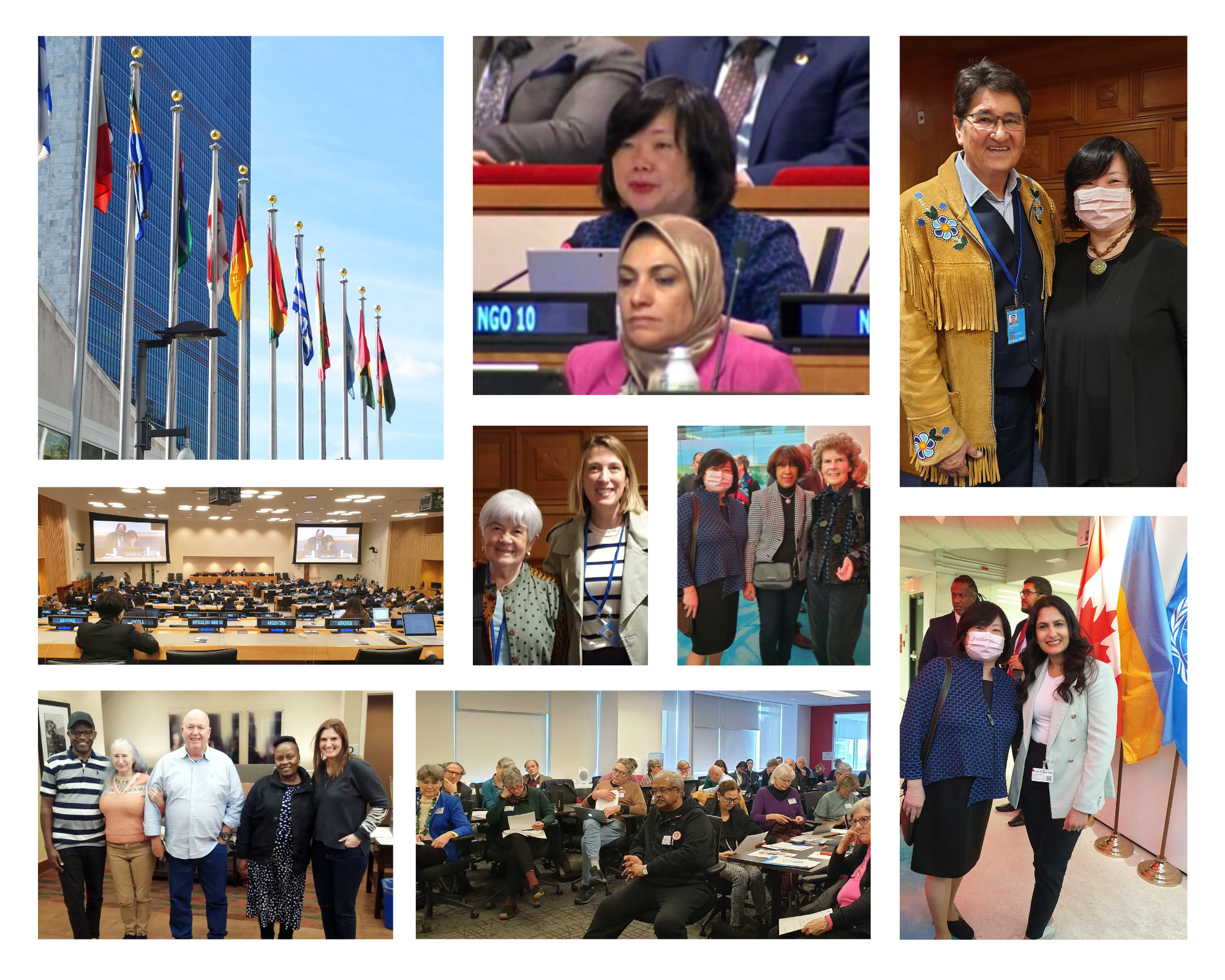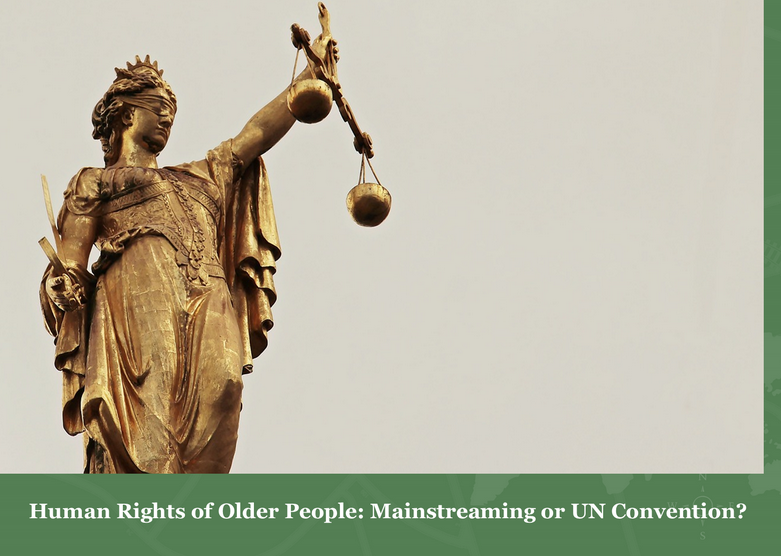Elder abuse is heart-wrenching. Underscoring the harm and tragic narratives is a violation of the older person’s human right to be freed from violence, abuse, and neglect. A group of courageous and determined older advocates stood up for their rights through song and dance.
Violence Against and Abuse and Neglect of Older People
One in every six older persons experiences some form of elder abuse according to the World Health Organization. Furthermore, the Independent Expert on the full enjoyment of human rights by older persons reports elder abuse intensifies during times of crisis, such as the COVID-19 pandemic, climate change, or war conflict.
Many countries recognize elder abuse as a public health issue (e.g., physical and psychological harm). However, a systematic change is possible only when violence against and abuse and neglect of older persons is recognized as a human rights violation. Hence, we need human rights standards that protect against elder abuse to guide our laws, policies, and programs.
Advocacy through Songs and Dance
I was invited to watch a musical in solidarity for World Elder Abuse Awareness Day. The musical was “Seniors Take On Things We Never Talk About.” I was curious how older people would deliver messages on this sensitive topic, let alone as a musical! I also wanted to see how the youth would react to this form of advocacy by older people. So, I invited my 15-year-old nephew to come along.
 Narratives of neglect, abuse, loss of autonomy, and ageism interwove the musical. They made real the human rights violations that can happen when an older person is in a vulnerable situation because of their lack of physical, mental, social, or economic capacity. Amidst the tears, there was humor—a love serenade about romance in the golden years.
Narratives of neglect, abuse, loss of autonomy, and ageism interwove the musical. They made real the human rights violations that can happen when an older person is in a vulnerable situation because of their lack of physical, mental, social, or economic capacity. Amidst the tears, there was humor—a love serenade about romance in the golden years.
The boldness of the older performers inspired me. While not every note was perfect and not every step hit the mark, they were heard, and they had fun! Their energy was infectious. The audience sang and stomped along. The older performers reminded me of first-time performing teenagers singing and dancing on stage with unbridled zeal.
Older Advocates Co-leading the Creation
I had the pleasure of speaking with Dr. Andrea Montgomery Di Marco, scriptwriter, songwriter, and director, and Daisy Au, who co-produced the musical with Andrea. They shared that the co-creation journey with the older performers began with workshops led by Andrea and her colleague, Dr. Maria Carbonetti.
 The workshops pulled the veil off the taboo of elder abuse and unearthed the older performers’ fears, concerns, and voices on the topic. After the workshop, ninety percent of the older performers created the backstories of their stage characters. Some chose to tell their own stories. Others created stories based on what they had seen or heard. Along the way, they shared their vulnerabilities and trusted in each other to build the confidence and skills needed to take the stage.
The workshops pulled the veil off the taboo of elder abuse and unearthed the older performers’ fears, concerns, and voices on the topic. After the workshop, ninety percent of the older performers created the backstories of their stage characters. Some chose to tell their own stories. Others created stories based on what they had seen or heard. Along the way, they shared their vulnerabilities and trusted in each other to build the confidence and skills needed to take the stage.
There were six performances. The stars were the twenty-seven older performers. They are newcomers to Canada from Afghanistan, China, Hong Kong, Iran, Taiwan, and the Philippines. The youngest is 65, and the oldest is 85. They overcame language barriers and took advantage of their cultural diversity. They went from having butterflies before the first performance to being unable to wait to get on stage for their final performance. Their transformation in self-agency and outlook on life is visible and uplifting.
Impact of the Musical and Transformative Journey
Aside from singing along and stomping their feet, the audience was inspired by the older performers and took their messages to heart. My 15-year-old nephew gained insights on linking inequities with human rights violations and applied these insights to a project we are working on. The older performers’ self-determination toward a life of boundaryless aging fueled my work for older people of today and my future self.
For the older performers, their growth has been transformative. Here are some examples of what they shared:

Age is not a limit. I can be like a child and do the things I want to do and not what others tell me to do.
This is profoundly the favorite time of my life. Who knew this could happen when I was supposed to be on the road to decline?
English and the physical challenges of aging are not a problem. I know now that if I tell myself I can do it, then I can.
The feedback affirms that Andrea and Daisy have achieved their project objectives. They wanted the musical to be a transformative vehicle—an educational tool on elder abuse and other aging issues, a catalyst for change for the audience, and a life-giving experience for the older performers.
Thankfully, this is not the end of the journey. Their adventure started with a choir and now a musical. The older performers want now to take their musicals to other parts of Canada. The sky is the limit!
Photos credit: Andrea Montgomery Di Marco, PhD


